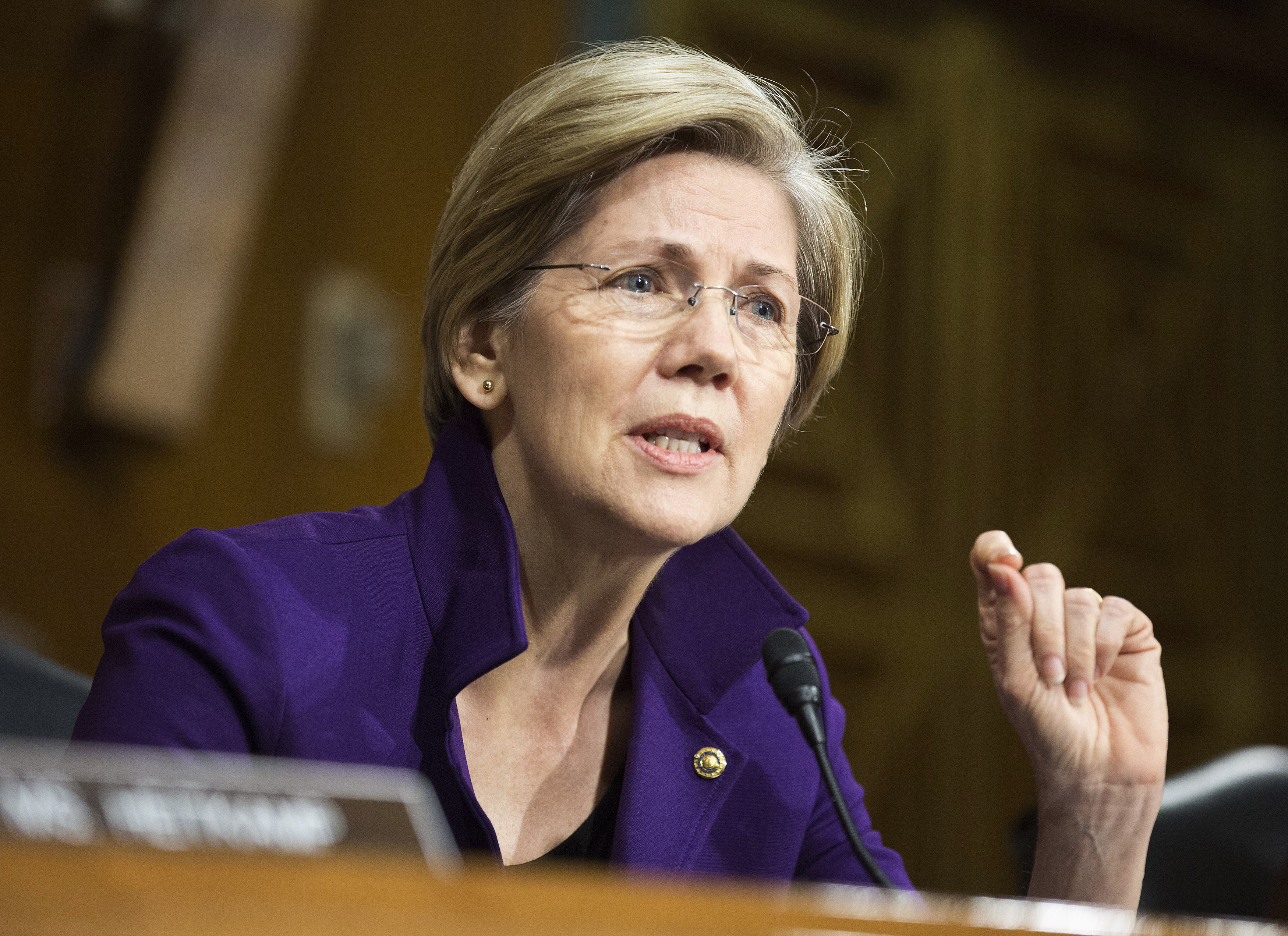Massachusetts Sen. Elizabeth Warren and Maryland Rep. Elijah Cummings, both Democrats, have requested a formal review of President-elect Donald Trump’s “taxpayer-funded transition” as well as of potential conflicts of interest that could arise between Trump’s administration and the Trump Organization.
In a letter sent to the Government Accountability Office on Wednesday, Warren and Cummings characterized Trump’s transition as “chaotic” and asked that the GAO review possible conflicts of interest related to Trump’s and his family’s relationships to his businesses, potential national security concerns related to Trump’s communication with foreign leaders and diplomats, and “transparency related to the use of taxpayer funds in the transition.”
A representative from the GAO confirmed it had received the request, and that the process of reviewing requests can take a few weeks.
The representative appeared to hint that the GAO would look into the matter, saying that “per our protocols, GAO places priorities on those requests from committee leaders of jurisdiction, including committee ranking members. As long as it’s within our authority, we accept it.” Cummings is a ranking member of the House Committee on Oversight and Government Reform.
The letter notes that Congress allocated $9.5 million in taxpayer funds to the General Services Administration to ensure a smooth transition of power and continue "faithful execution of the laws" so Americans' safety and security are not placed at risk.
The letter says Trump's potential conflicts of interest and his "behavior during the campaign and after his election" raise questions about using tax dollars to facilitate his transition.
Warren and Cummings cited reports about Trump's "deep ties" to politicians in countries like China, Libya, Turkey, and potentially Ukraine and Russia; his hosting 100 foreign diplomats in his Washington, DC, hotel last week; and his apparent unwillingness to set up a qualified blind trust within which to place his business holdings as evidence of possible issues.
The transition period ends on January 20, 2017, when Trump is inaugurated.


